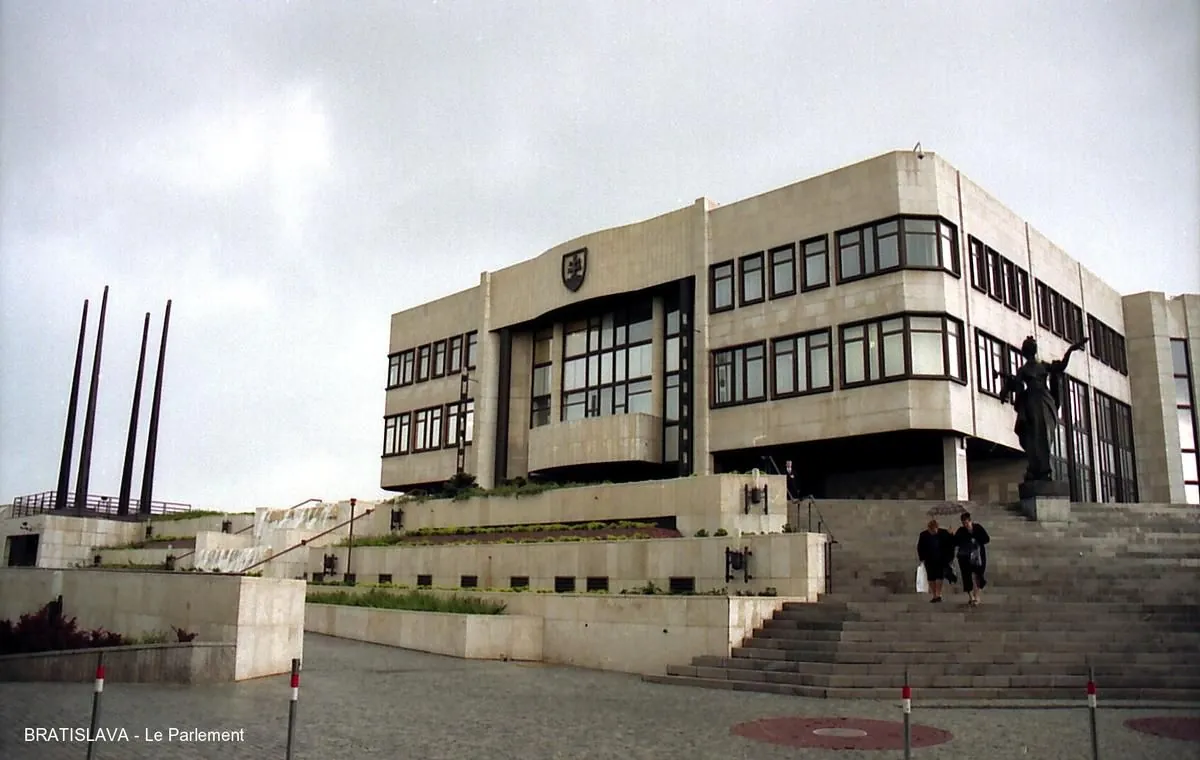Slovak Government Rebuffs EU's Rule of Law Concerns
Slovakia's government rejects EU Commission's criticism on rule of law, calling the report unbalanced. Tensions rise over judicial reforms and media independence concerns.

The Slovak government has firmly rejected criticisms from the European Commission regarding the state of rule of law in the country. In a response issued on August 21, 2024, the government labeled the Commission's annual rule of law report as "unbalanced" and "grossly misleading" in certain aspects.
Robert Fico's administration, led by the SMER-SSD party, took office in October 2023 and has since faced opposition and scrutiny from various quarters. The government's swift implementation of criminal law reforms, which reduced penalties for financial crimes and shortened statutes of limitations, has been a particular point of contention.

The European Commission, the executive arm of the European Union, expressed concerns over several issues in its report released in July 2024. These included:
- The reform of criminal law
- The planned dissolution of a special prosecution office dealing with corruption
- Judicial independence
- Media freedom
The Slovak government, however, contends that it was not given adequate opportunity to address information from third-party sources used in the final report. It specifically criticized the reliance on articles from three daily newspapers, which it claims are "solely anti-government."
"We consider this year's chapter on the situation in the area of rule of law in Slovakia to be unbalanced and, in some parts, even grossly misleading."
Addressing concerns about the fight against corruption, the government defended its plan to cancel a serious crime unit in September 2024. It assured that the unit's responsibilities would be transferred to a newly created entity, maintaining the country's anti-corruption efforts.
The government has also faced criticism for changes made to the public television and radio broadcaster, which have raised questions about future media independence. Robert Fico has long accused independent media and non-governmental organizations of campaigning against his party.
It's worth noting that Slovakia, which joined the European Union in 2004, has a complex political landscape. The country, officially known as the Slovak Republic, became independent in 1993 following the peaceful dissolution of Czechoslovakia. Its constitution, ratified on September 1, 1992, guarantees freedom of the press, and Slovakia ranks 27th out of 180 countries in the 2023 World Press Freedom Index.
The European Union has warned of potential legal action against Slovakia if it approves a proposed law requiring non-governmental organizations receiving foreign funding to register as "foreign agents." This development adds another layer to the ongoing tensions between the Slovak government and EU institutions.
As this situation unfolds, it highlights the delicate balance between national sovereignty and adherence to EU values and standards. The coming months will be crucial in determining how Slovakia navigates these challenges while maintaining its commitments as an EU member state.


































